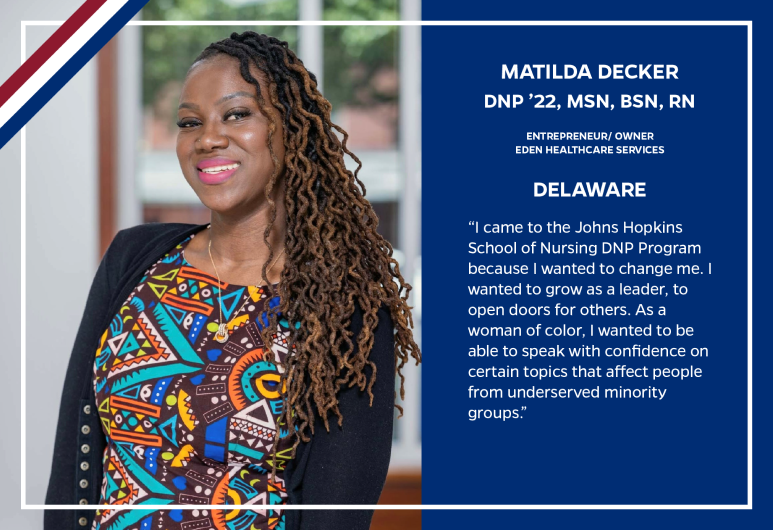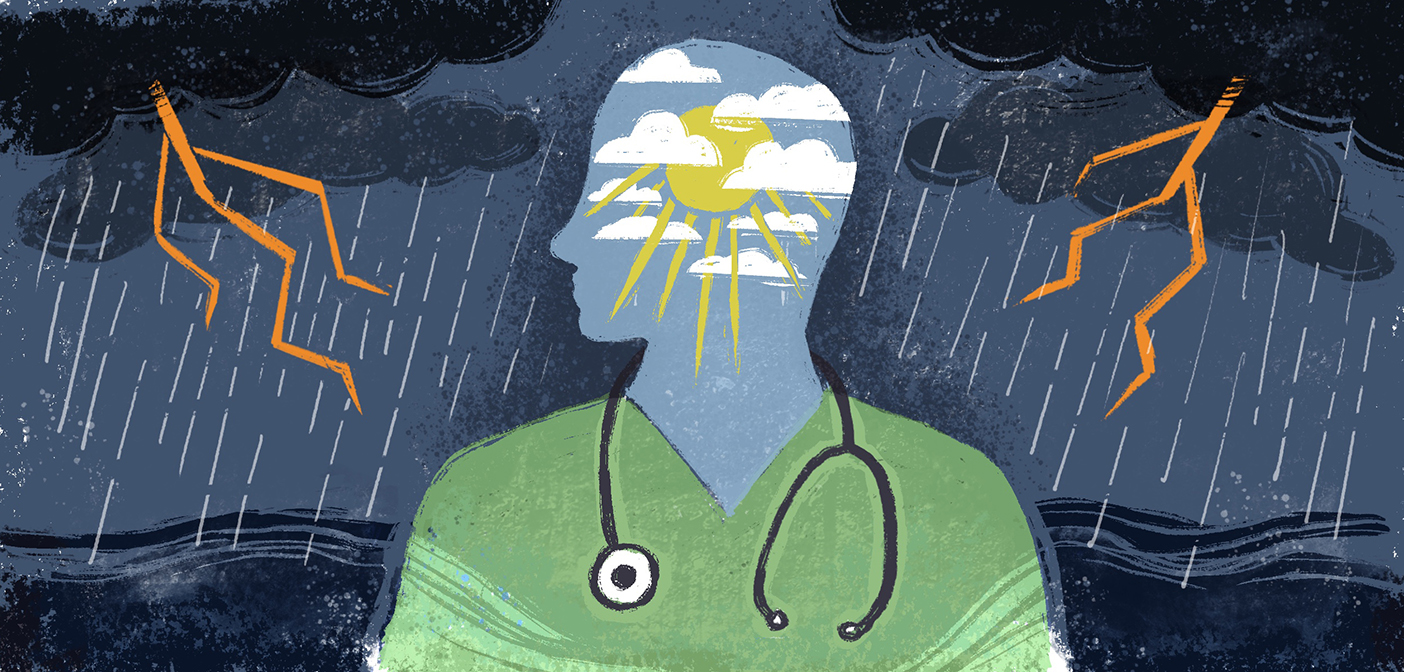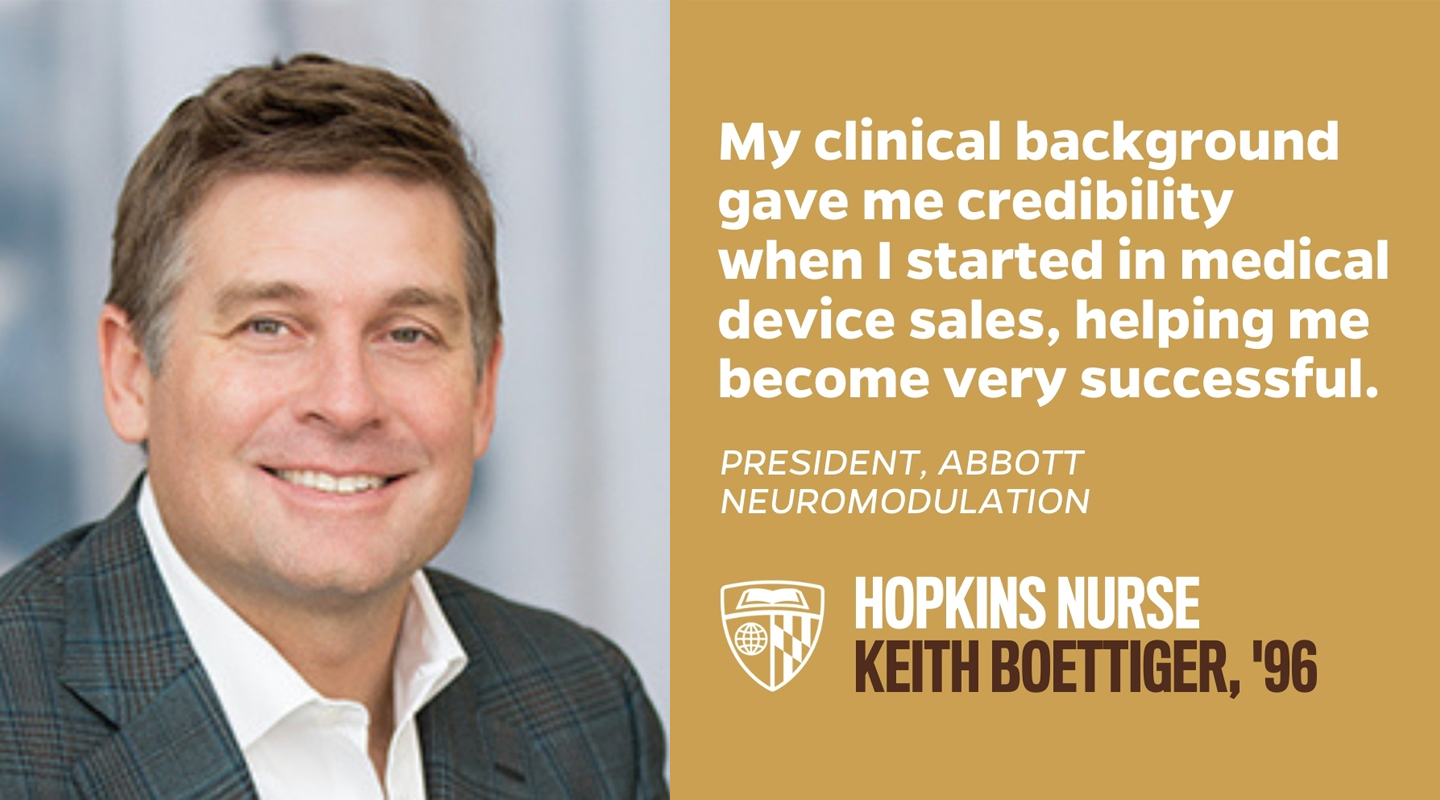Malaria meds,
Sunscreen, and rough mountain roads.
Spring break off the map.
A few weeks ago, I, along with three other SON students, traveled to Catacamas, Honduras to work with an organization called Predisan. This service trip originally began with the members of the Returned Peace Corps Volunteers Fellows program but was opened up to the school to allow more students to take part. We chose Predisan because another RPCV had worked with them before, and it seemed as if there would be plenty of work for us to do. We initially had over 25 students interested in taking part, but due to a number of factors, it was just me, Daniela Aguilera-Titus, Krista Jin, and Jackie Johnson trekking down to the wild, wild west of Catacamas.
We were met at the airport by Theresa and Jose, our guides for the week, and we piled into a 4-wheel drive truck that took us to Catacamas. Four hours later and covered in dust, we met Kyle, director of international relations, who told us more about what we would be doing for the week and gave us a brief overview of Predisan’s work. Founded in 1986, Predisan now provides over 44,000 patient services each year, from vaccinations to prenatal counseling to drug and alcohol rehabilitation, Predisan does it all. Volunteer surgical brigades come to the clinic in Catacamas about 5 times a year to perform a variety of surgical procedures, from hernia repairs to gynecological repairs. A faith-based organization, Predisan gets its name from the two verbs ‘predicar’ (to proclaim) and ‘sanar’ (to heal).

Our first day on the job, we visited CEREPA, which is the only inpatient drug and alcohol rehabilitation clinic in Honduras. The center blends the traditional 12-step program with teachings about Christianity. The center itself has a capacity of 35, and patients share a dormitory style room. The patients come from Honduras, Guatemala, and Nicaragua. We participated in a group reflection session with the patients and a scavenger hunt activity, and then we took a tour of the facilities. The patients were like a family, and the support that they felt and shared with each other was tangible.
We left Catacamas later that afternoon and headed into the mountains where we spent the rest of our time. We met Michele, an American medical student from Tennessee that was also working with Predisan for the week, and we made her an honorary SON student. We stayed at a compound called CEDECO, and it was like being at summer camp; bunk beds, communal showers, and composting toilets. Yes, my friends, we were off the map. And no need for an alarm clock; the roosters woke us up every morning.

On Monday, we went to a village school. The interesting thing about working in the mountains is that even though the school is only about 8-10 miles away, it took us over an hour to get there as we drove along steep, winding, sometimes slippery mountain roads that we shared with random livestock scattered along the way. The school we went to was a 2-room schoolhouse, and the children were in 1-6 grade. We weren’t very prepared to do anything with the kids because we found out only 3 days before arriving in Honduras that we would be working with them. So we had to wing it; what else do you do when you’re off the map? We taught them the song “Head, Shoulders, Knees and Toes” and assisted Alvaro, the Predisan staff member with us, in talking about nutrition, oral hygiene and other basic health matters.  After our hygiene lecture, the Predisan staff gave the children physicals; measuring height and weight and also giving eye exams. Some of the younger kids were really scared when it came time for their exams. They didn’t use the typical Snellen chart, the used the tumbling “E” chart, and the young ones didn’t understand and started crying. Poor darlings 🙁
After our hygiene lecture, the Predisan staff gave the children physicals; measuring height and weight and also giving eye exams. Some of the younger kids were really scared when it came time for their exams. They didn’t use the typical Snellen chart, the used the tumbling “E” chart, and the young ones didn’t understand and started crying. Poor darlings 🙁
After lunch, we went to the mountain clinic to meet Cilia, the nurse that we would be working with for the rest of the week. The clinic itself is the only place within 10-15 miles that villagers can go to get medical treatment unless they go all the way to Catacamas. The clinic provides a variety of services; general consultations, prenatal check-ups, injections, and even birth control injections. Rates are reasonable: a birth control shot, for example, starts at 20 Lempiras … or about $1.15.

It’s Cilia’s job to keep track of the villagers and the variety of health conditions they face, and she makes periodic house calls to check in on them and to deliver health education seminars. There are three guys that work with her as health promoters: Cristobal, Josue, and Marcio, and by the end of the trip, we were all good friends. We had fun trying to teach them English, and they laughed at us as we tried to remember our high school Spanish. In a fun twist of cultural exchange, I even got to teach them a few words of Chinese from my Peace Corps days.
Our primary project for our time in Honduras was to educate women about various prenatal issues, such as nutrition and family planning, and we spent one day at the clinic to give a presentation about natural family planning. We gave a brief overview of the female reproductive system, and then we talked about natural family planning. We brought some string and colored beads with us from the states so that we could make bracelets for the women that they could use to track their menstrual cycle. They seemed really interested in the concept of natural family planning, which was a god thing.

We were initially worried that the women wouldn’t be interested or wouldn’t understand what we were trying to teach them, but it went over very well! We also talked with them about the importance of eating right and making sure to have regular check-ups in order to ensure the health and well-being of both the baby and mom-to-be.
The next two days we went deeper into the mountains to give our health talks, and we went on a few home visits with Cilia and listened as she explained to the women how important it was for them to have a birth plan and to be prepared for the time when they would be giving birth. We also gave another presentation about menstrual cycle tracking, but this time, it was a little different. There was a gentleman listening to us, and when we asked if there were any questions, he brought up the point that family planning is against their religious beliefs. We were a little stunned and not sure what to say, but thankfully Cristobal and the other staff members were able to talk with him about the theological points of natural family planning. Cristobal mentioned that the method we were trying to teach about was a natural, chemical free/barrier free method of family planning.
Volunteering in Honduras was a truly wonderful, eye-opening experience. I never could have imagined just how intense it is to work in a rural mountain setting like that: driving 2+ hours each way over treacherous mountain roads to go and see patients. But I loved every minute of it, minus the motion sickness. I feel like my time in Honduras gave me a glimpse into my future as a global health nurse. I’m hoping that next year, I’ll be able to organize and take part in similar volunteer trips on behalf of the School of Nursing.
This trip wouldn’t have been possible without the guidance and financial support of dozens of people and organizations that helped us raise money for this trip. Thanks to: Lori Edwards, Katie Cruit, Shirley Van Zandt, Shawna Ross, Barbara Hatfield, Kim Hatfield, Flint First Church of the Nazarene, John Reusing (of Bad Decisions Bar), Donna Calloway (of Dominion Ice Cream), Katie MacLean, Claire Tluczek, Nasim Emambakash, Woody Bullock, Thomas Rogers and XiaoFei Zhang, Heather Adams, an anonymous Traditional 2011 student, Mr. and Mrs. Alejandro Aguilera-Titus and family, Liz Ahmann, Cay Johnson, Kristyn Asseff, Suzie Misheh, DebbieTitus, Michael Kirk, Dan Campion, Rosalva Castaneda, Thomas Chabolla, Kathleen Wach, Patricia Hunter, Rosemarie Mahmood, Charles Nzeyimana, Veronica Pacini, Robert Simon, Desider Vikor, Jamie Shelton, the Student Government Association, and the SON Alumni Association.



 In Perfect Balance
In Perfect Balance The Eye of the Storm
The Eye of the Storm What Is a Hopkins Nurse?
What Is a Hopkins Nurse? A Lifeline for Clinical Placements
A Lifeline for Clinical Placements Career Outlook of a CNS
Career Outlook of a CNS







